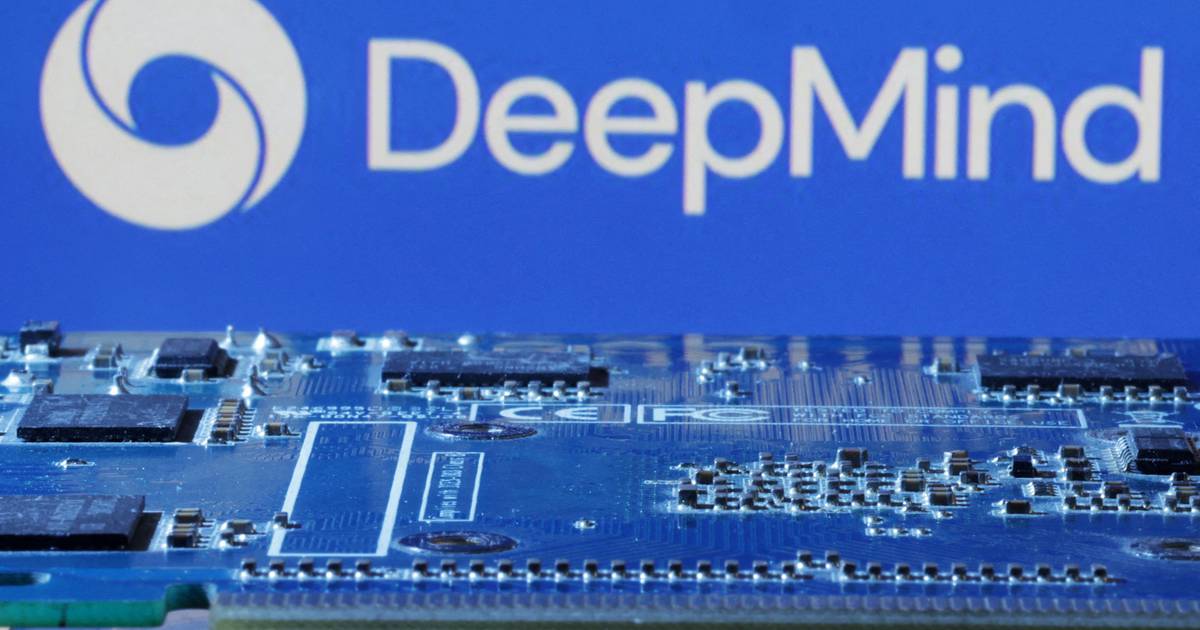The artificial intelligence model, so-called “AlphaFold 3”, goes beyond the calculation of proteins, explained DeepMind, a subsidiary of Google’s Alphabet company, and makes particularly accurate predictions for the interactions of proteins with other biomolecules in human cells. DeepMind’s subsidiary Isomorphic Labs, based in London, specialized in the use of artificial intelligence in drug research, played a key role in the development of this artificial intelligence model.
DeepMind previously developed AlphaFold 2, a program that can calculate the three-dimensional shape of proteins.
Researchers believe that biological processes in the body and diseases can be better understood by knowing the shape and thus the function of proteins.
In 2020, DeepMind made a fundamental breakthrough in predicting protein structures. So far, millions of researchers around the world have used AlphaFold 2 to make discoveries in areas such as malaria vaccines, cancer treatment and enzyme design.
In an article published in the journal Nature, DeepMind presented the AlphaFold 3 artificial intelligence system as a model that could predict the structure and interaction of all the molecules of life with unprecedented accuracy.
“For protein interactions with other types of molecules, we see an improvement of at least 50 percent compared to existing prediction methods, and for some important categories of interactions, we have doubled the prediction accuracy.”
Google DeepMind also announced “AlphaFold Server”, a free tool that gives non-commercial researchers access to the capabilities of AlphaFold 3 for generating models of biological structures.
It allows biologists to generate large and complex protein structures on the screen with just a few mouse clicks. Isomorphic Labs moreć is collaborating with pharmaceutical companies to exploit the potential of “AlphaFold 3” for drug development.
